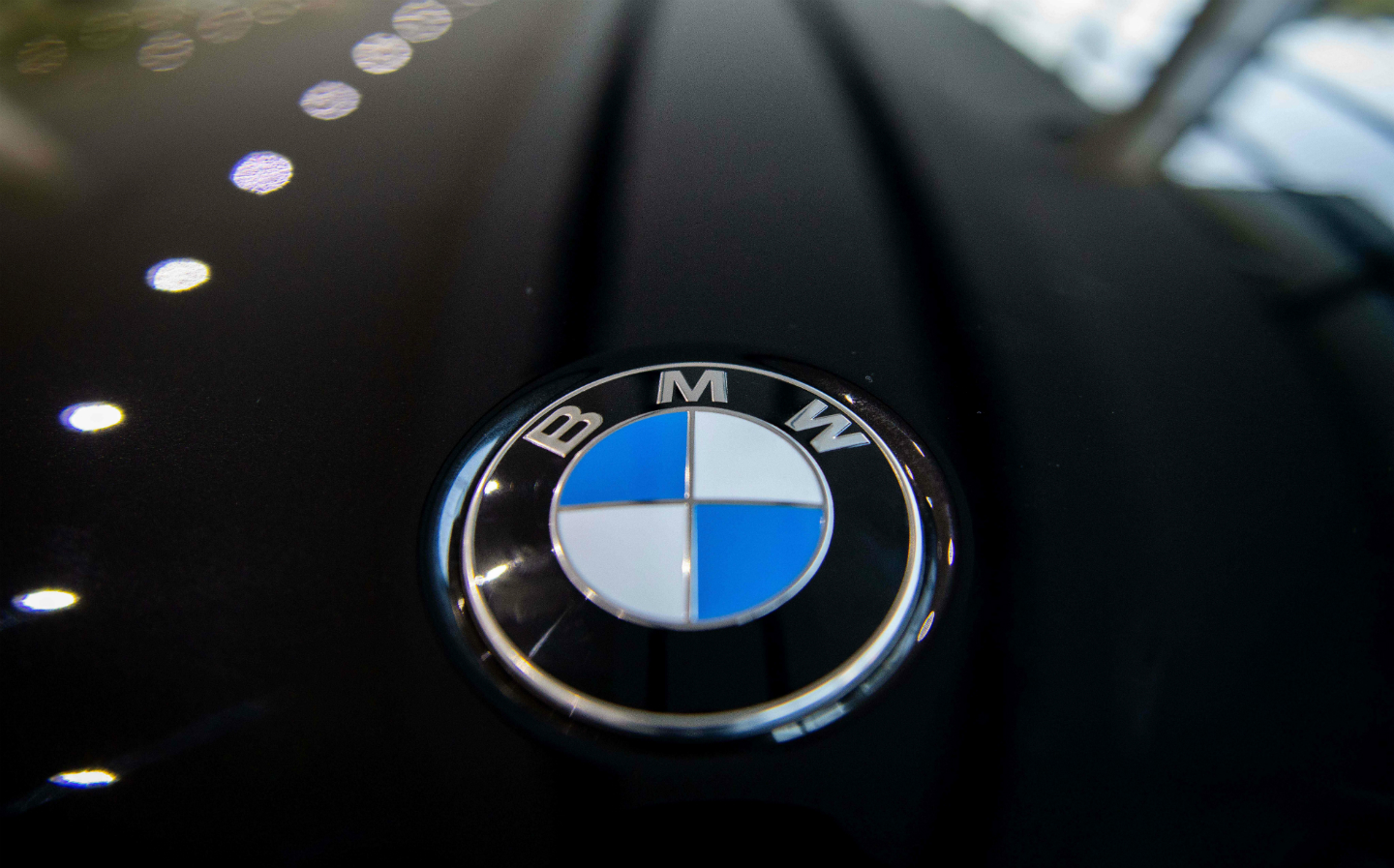EU fines BMW and Volkswagen €875 million
Hefty EU fines for BMW and Volkswagen Group, but not Daimler
THE EUROPEAN COMMISSION has issued BMW and Volkswagen Group with an €875 million fine following an antitrust investigation regarding collusion on setting standards for vehicle emissions systems.
Between 2009 and 2014, technical discussions took place between Volkswagen Group brands Audi, Porsche and Volkswagen, and BMW and Daimler (parent company of Mercedes-Benz).
The EU Commission alleges that these talks focused on limiting the implementation of selective catalytic reduction (SCR) systems in vehicles, potentially depriving buyers of the opportunity to purchase cars with the best available technology.
The size of AdBlue tanks in diesel vehicles and the fitment of particulate filters in petrol cars were the main focus of the talks. AdBlue is a chemical treatment that is injected into the exhaust gases of combustion engines to reduce the levels of nitrogen oxides from diesel engines.
As a result, the EU fined Volkswagen Group €502 million and BMW €373 million. Daimler escaped any fine as it had turned whistleblower and alerted the European Commission about the discussions.

A statement from Margrethe Vestager, the EU Commission’s senior antitrust official, said: “The five car manufacturers Daimler, BMW, Volkswagen, Audi and Porsche possessed the technology to reduce harmful emissions beyond what was legally required under EU emission standards. But they avoided to compete on using this technology’s full potential to clean better than what is required by law. In today’s world, polluting less is an important characteristic of any car. And this cartel aimed at restricting competition on this key competition parameter.”
Margrethe Vestager added: “Today’s decision is about how legitimate technical cooperation went wrong. And we do not tolerate it when companies collude.”
In a company statement, BMW said: “It became clear during the discussions with the petroleum industry that the AdBlue filling infrastructure, which was considered necessary under the conditions at the time, would not be available within the near future. To avoid any disadvantages this might create for customers, the BMW Group consistently designed the tank sizes and ranges of its vehicles to be well above the dimensions agreed in the working groups. For this purpose, the BMW Group even installed complex two-tank systems in most vehicles. The European Commission explicitly recognised this in its decision.
“These discussions had no influence whatsoever on the company’s product decisions. As a result, the Commission dropped most of its original allegations against the BMW Group. This underlines that there has never been any allegation of unlawful manipulation of emission control systems by the BMW Group.”
BMW has accepted the fine and considers the case closed, but Volkswagen Group is reported to be considering an appeal. It stated: “The Commission is entering new judicial territory, because it is treating technical cooperation for the first time as an antitrust violation. Furthermore, it is imposing fines, although the content of the talks was never implemented and no customers suffered any harm as a result.”
Volkswagen Group added: “The high fines imposed in this case underscore the need for more comprehensive guidance from the Commission to ensure that legal uncertainty does not hamper innovation in Europe.”
These technical discussions and subsequent legal case were not related to the use of illegal defeat devices by the Volkswagen Group. It was found to have installed systems in its diesel cars that would make emissions appear lower in tests than they actually were. That scandal severely damaged the car maker’s reputation globally and cost it over £28 billion in fines and settlements.
Tweet to @LordHumphreys Follow @LordHumphreys
- You might be interested to read about BMW’s brand-new 2 Series Coupé that has just been revealed.
- Range-topping Porsche Cayenne Turbo GT revealed.
- Get up to speed with all of the car makers’ electric vehicle plans.





